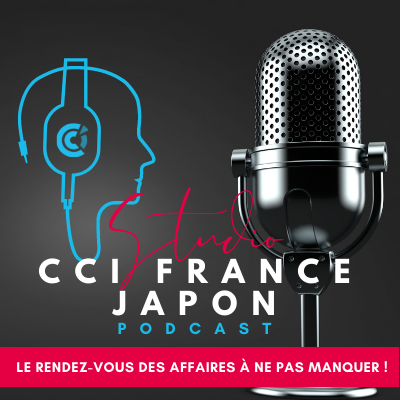The Chamber
Message from the President of the CCI France Japon

The CCI France Japan is deeply saddened by the news of the death, in tragic circumstances, of former Japanese Prime Minister Shinzo Abe.
Few Japanese leaders have meant as much to France as Shinzo Abe. The former Prime Minister saw the country as an anchor in Europe, but also as a bridge to Africa and a vital voice at the United Nations. He had a sincere familiarity with his French interlocutors, from all walks of life, which greatly benefited diplomatic, commercial and simply human exchanges between our two countries.
Fighting against the protectionist forces at work in his opposition and even in his own inner circle, Shinzo Abe used much of his political capital to impose the historic JEFTA (Japan-EU Free Trade Agreement) between his country and the European Union, which came into force in 2019, with French companies among the beneficiaries. "The signing of the economic partnership agreement has so far had a positive impact on France's foreign trade with Japan (significant increase in wine and dairy exports), even if its full implementation remains an issue (residual presence of non-tariff barriers). During the first ten months following its entry into force, French exports to Japan (+18%) outperformed European exports, which were almost stable (6%). Trade has increased in both directions and the effects of the agreement are perceived positively on the Japanese side," notes the Senate in an April 2021 report.
As an enthusiastic supporter of the triennial TICAD conference, which brings together Japan and dozens of African countries, he understood the decisive role of France on this continent.
Wishing to raise Japan's role at the UN by obtaining a seat as a permanent member of its Security Council, Shinzo Abe had found support in France. He also recognized in France, the only European power with a large military presence in the Indo-Pacific, an important partner in maintaining security in "his" region of the world.
The sheer number of times that Shinzo Abe visited France attests to the importance that he attached to that country. "It had been seven years since a Japanese head of government had visited France. Seven years ago, his name was already Shinzo Abe," said François Hollande when he received him in Paris in 2014, referring to his first stint as prime minister in 2007. Until 2019, Shinzo Abe visited Paris at least once a year to meet his French counterpart.
But it was on the economic and cultural level that the relationship was richest. Shinzo Abe saw France, the world's leading tourist destination, as a "gateway" that would place his country at the top of the list of "destinations". Thus, he had initiated, and richly endowed, a year of Japanese cultural events in France in 2018, under the title "Japonismes". Other popular world events are also taking place, in France and Japan consecutively: the Rugby World Cup, in Japan in 2019 and then in France in 2023; the Olympic and Paralympic Games in Japan in 2021, then in France in 2024.
This was the meaning of the renewal in 2013 of the "exceptional partnership" between France and Japan, a document that frames and encourages Franco-Japanese relations and whose three axes are, in order: economy, security, culture. Its "roadmap" is due to be renewed in 2023.
In Japan, his voluntarist policy known as "Abenomics" revived economic activity and benefited the member companies of the CCI France Japon.
In the hope of the future fruits of this work, we send our most sincere condolences, in these tragic circumstances, to the family and friends of Shinzo Abe.
Jérôme Chouchan, president of the CCI France Japon
